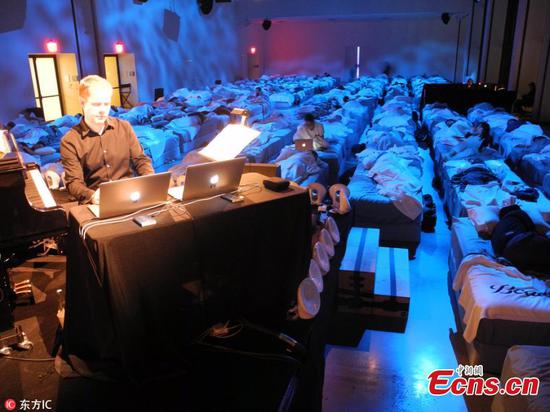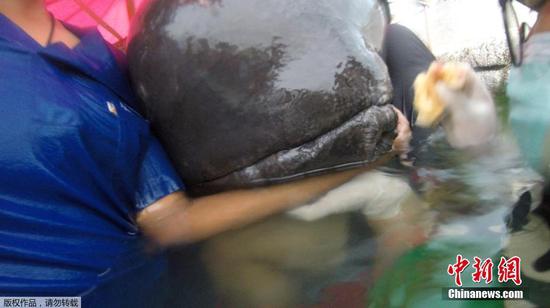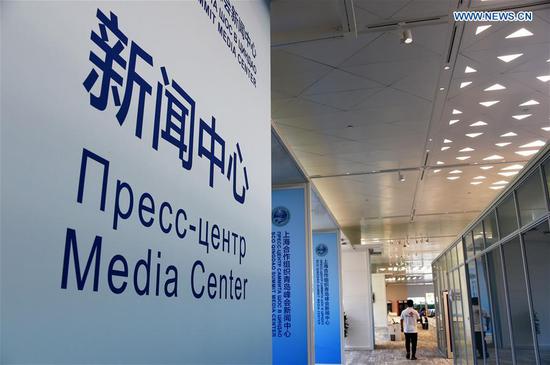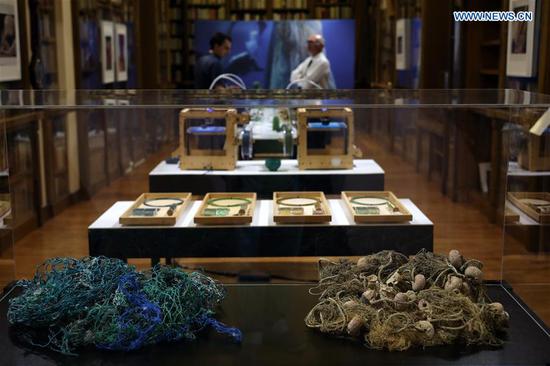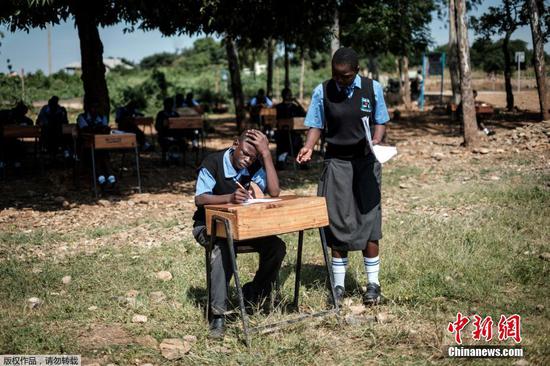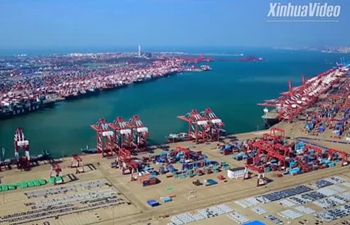Eurozone partnership 'helping others to help themselves'
Germany's Chancellor Angela Merkel has dismissed suggestions from Italy that the European Central Bank might write off 250 billion euros ($296 billion) of the country's debt.
The eurozone's third-largest economy has been struggling and March's general election saw the anti-establishment Five Star movement and rightwing party the League, both euroskeptic groupings, emerge as the biggest winners, but without being able to achieve a majority.
Months of political deadlock, which had threatened the prospect of another election where eurozone membership could be a key battleground, came to an end on Friday when little-known law professor Giuseppe Conte was sworn in as Italy's new prime minister.
The political standoff had taken a heavy toll on the Italian stock market, but despite the appointment of Conte easing tensions in the eurozone, Merkel has made it clear she is not willing to show much economic flexibility to Italy.
"I will approach the new Italian government openly and work with it instead of speculating about its intentions," she said in a weekend newspaper interview.
Before Conte's appointment, the hypothetical worst-case scenario had been Italy suffering a similar austerity crisis to that experienced by Greece in 2009, and a fresh round of elections with Italy's continued membership of the eurozone becoming one of the decisive issues, which would have had potentially huge implications for the whole of Europe.
Special treatment
Such a prospect looks to have been avoided, but Merkel made it clear that Italy cannot expect any special treatment from the ECB over its financial problems.
"Solidarity among euro partners should never lead to a debt union, rather it must be about helping others to help themselves," she warned, adding that she was keen to talk to the new Italian government about how youth employment rates could be boosted.
Her comments came days after Germany's European Commissioner Gunther Oettinger provoked outrage in Italy by saying that the financial markets would "teach the Italians to vote for the right thing".
Merkel also gave her backing to suggestions from French President Emmanuel Macron that the eurozone's bailout fund the European Stability Mechanism, also known as the ESM, should be turned into a European Monetary Fund, or EMF, with the ability to issue short-term credit to members facing debt problems.
She said that on its own, the ESM was not enough to protect the eurozone from crisis, and a new EMF could operate alongside other euro-strengthening measures such as a banking union.
Macron's office gave a cautious welcome to Merkel's comments, saying they demonstrated her European commitment.
In Germany, conservative elements of Merkel's governing coalition have not been keen on Macron's proposals, fearing they would end up with German taxpayers' money being used to support less prudent eurozone member states, but the leader of the junior coalition partners the SPD welcomed her new outlook.
"This is very pleasing," party leader Andrea Nahles told German public broadcaster ARD. "Those are totally new notes from Mrs Merkel."
Previously the SPD had criticized the focus of other conservative coalition partners on eurozone austerity and had urged her to engage more with Macron's ideas for reform.











